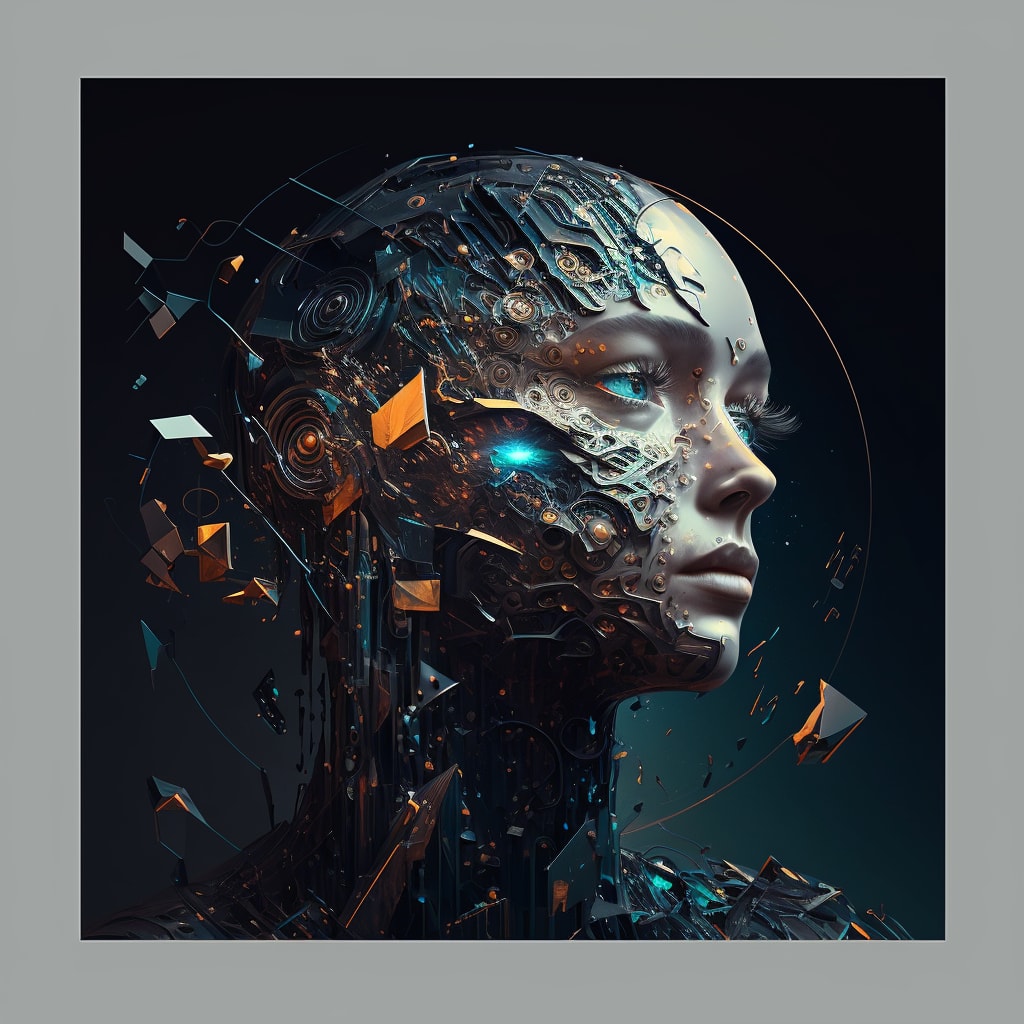How can ChatGPT be used?
How can ChatGPT be used?

ChatGPT is a powerful artificial intelligence language model developed by OpenAI that has been trained on a vast amount of text data. The model is capable of understanding natural language and generating human-like responses to questions and prompts. This makes ChatGPT a highly useful tool in a variety of contexts, from customer service to education to research.
One of the most common applications of ChatGPT is in customer service. Many companies use chatbots powered by language models like ChatGPT to handle customer inquiries and support requests. These chatbots are able to understand the questions and concerns of customers and provide helpful responses in real-time. This saves companies time and money, as they do not have to hire as many customer service representatives to handle requests.
In education, ChatGPT can be used to help students learn and understand complex concepts. For example, teachers can use ChatGPT to create virtual tutors that can answer students' questions and provide explanations in a way that is easy to understand. This can be particularly helpful for students who struggle with traditional classroom instruction or who do not have access to in-person tutoring.
In research, ChatGPT can be used to analyze large amounts of text data and generate insights. For example, researchers can use ChatGPT to analyze scientific papers or historical documents and identify patterns or connections that may not be immediately obvious. This can help researchers to make new discoveries or develop new theories.
ChatGPT can also be used in the entertainment industry. For example, ChatGPT can be used to generate dialogue for video games or virtual assistants in interactive storytelling. The model can generate responses that are tailored to the user's choices and actions, making the experience more immersive and engaging.
Furthermore, ChatGPT can be used for language translation, summarization, and even creative writing. The model has been trained on a wide range of topics and can generate content that is both accurate and engaging. This can be particularly useful for businesses that need to create marketing materials or for writers who need help generating ideas for their next project.
In conclusion, ChatGPT is a versatile and powerful tool that can be used in a variety of contexts. Its ability to understand natural language and generate human-like responses makes it particularly useful in customer service, education, research, and entertainment. As AI technology continues to advance, it is likely that ChatGPT and other language models will become even more useful and ubiquitous.
Another way that ChatGPT can be used is in the field of mental health. Chatbots have been used in the past to provide mental health support, but ChatGPT has the potential to take this to a whole new level. With its advanced language processing capabilities, ChatGPT could be used to provide personalized and empathetic mental health support to individuals.
For example, imagine someone struggling with depression or anxiety. They could use ChatGPT as a virtual therapist, who is available 24/7 to provide support and guidance. ChatGPT could use natural language processing to understand the user's emotions and offer personalized coping mechanisms, resources, and even cognitive behavioral therapy exercises. This could be especially beneficial for those who live in areas with limited access to mental health professionals.
ChatGPT could also be used in the field of education. With its vast knowledge and language processing capabilities, ChatGPT could be a valuable tool for students of all ages. Chatbots have already been used to assist with language learning, but ChatGPT could take this a step further by offering personalized learning experiences for each individual student.
For example, ChatGPT could use natural language processing to understand a student's strengths and weaknesses and create personalized study plans and exercises. It could even provide real-time feedback and guidance, much like a human teacher. This would be especially beneficial for students who struggle with traditional classroom settings or have learning disabilities.
ChatGPT could also be used in the field of customer service. Many companies are already using chatbots to assist with customer inquiries and complaints, but ChatGPT could improve this process even further. With its advanced language processing capabilities, ChatGPT could better understand the nuances of customer inquiries and offer more personalized and effective solutions.
For example, a customer could use ChatGPT to report a problem with a product or service. ChatGPT could use natural language processing to understand the issue and offer personalized solutions, such as a refund or a replacement product. It could even use sentiment analysis to understand the customer's emotions and offer empathy and understanding.
In conclusion, ChatGPT has the potential to revolutionize the way we interact with technology. From education to mental health to customer service, ChatGPT could be a valuable tool for individuals and organizations alike. While there are certainly challenges and ethical considerations to be addressed, the possibilities of ChatGPT are exciting and could lead to a more personalized and empathetic future.






Comments
There are no comments for this story
Be the first to respond and start the conversation.